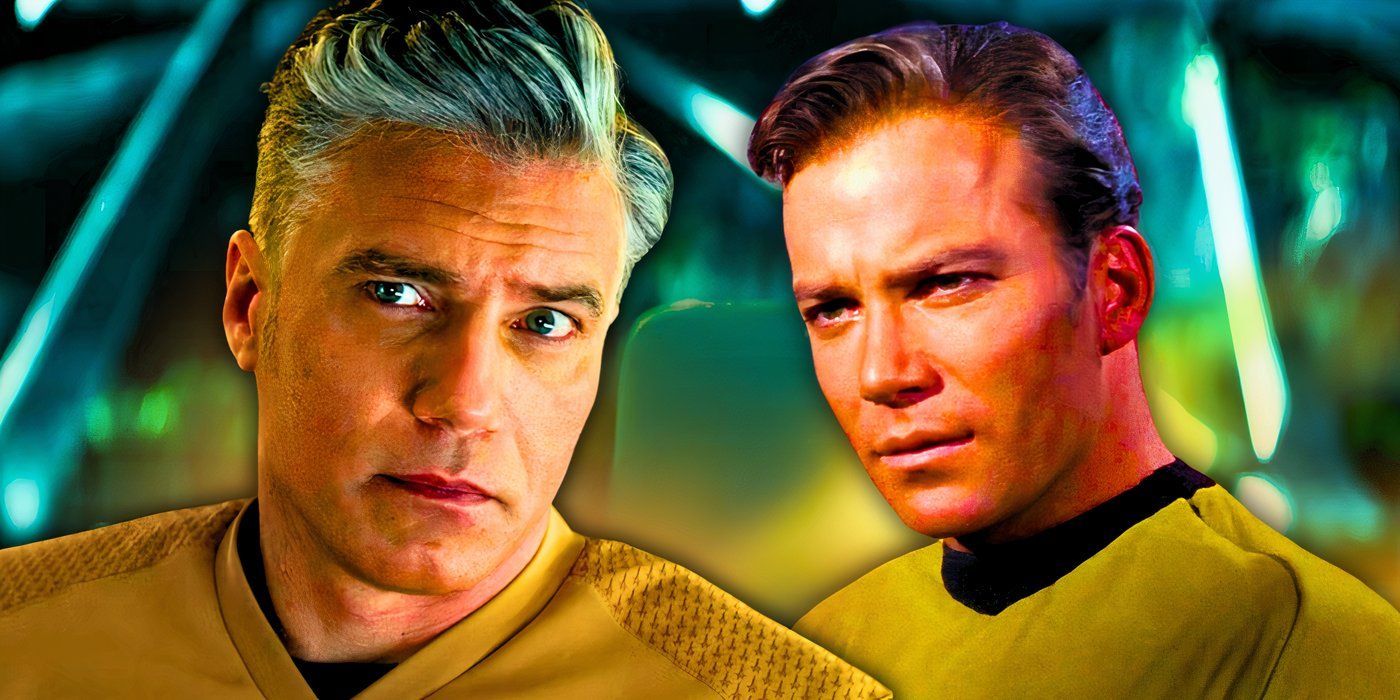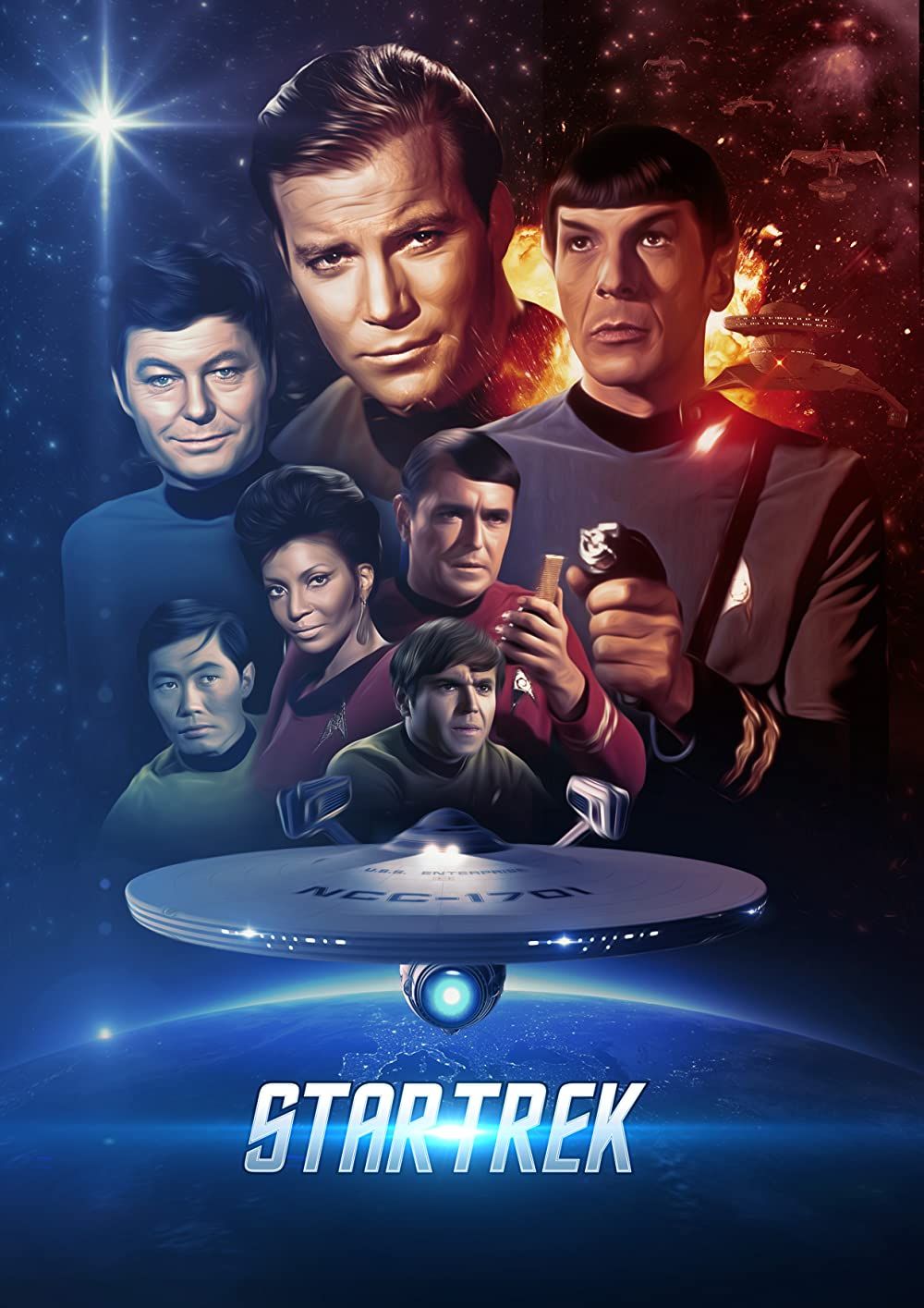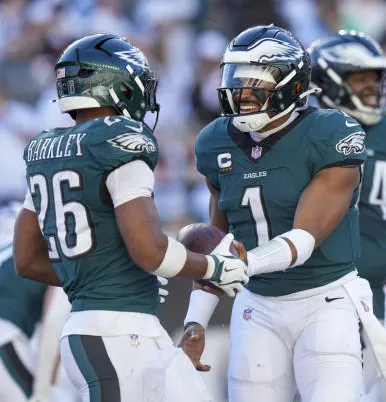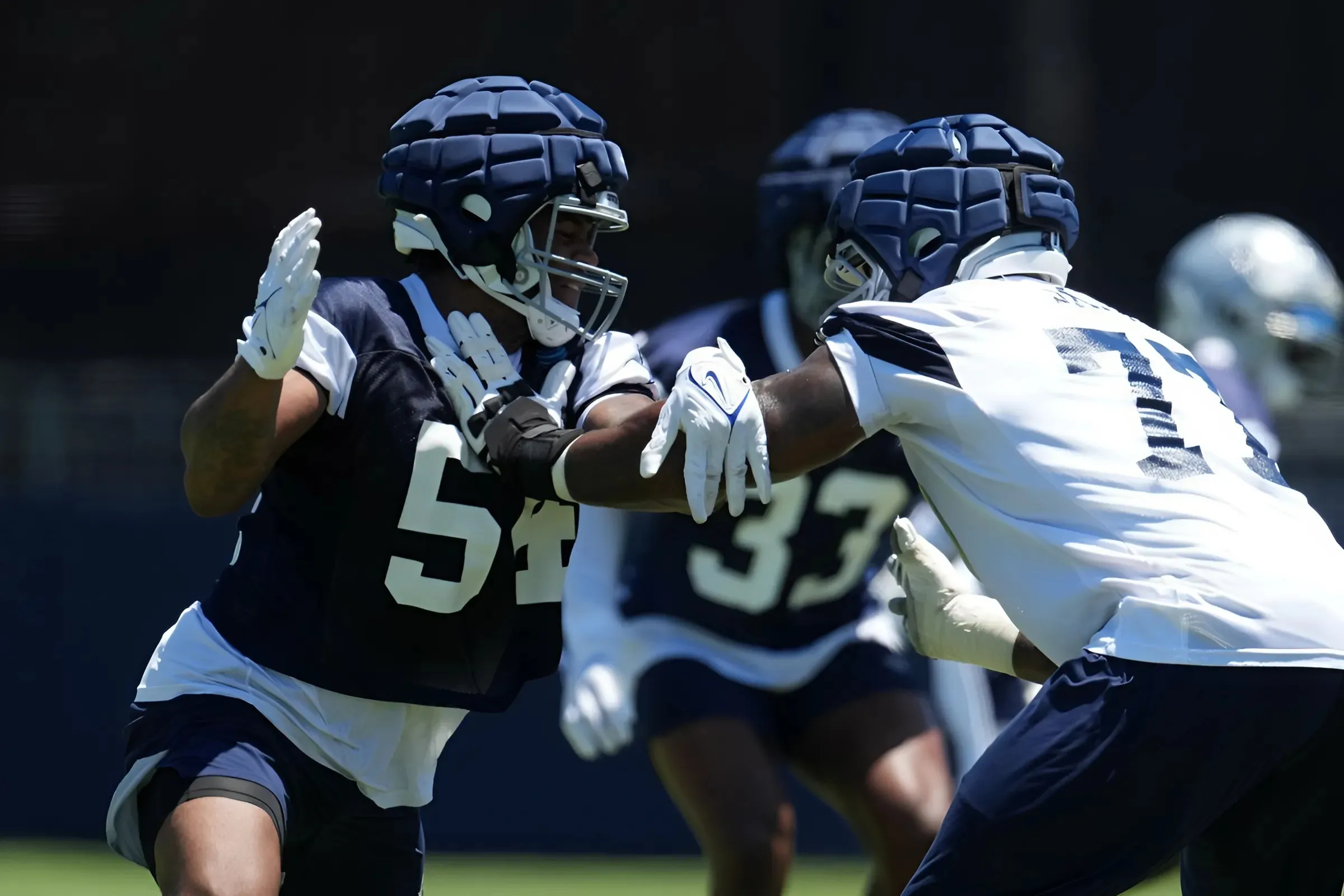Summary
- Modern Star Trek should prioritize captivating stories over strict adherence to canonical details.
- Straying from established canon can allow for more creative storytelling and character development.
- Acknowledging Star Trek's inconsistent past can help future projects strike a balance between canon and originality.

It doesn't bother me when modern Star Trek strays from previously established canon. With its nearly sixty-year history, Star Trek has a vast and complicated canonical timeline that began in 1966 with Star Trek: The Original Series. Since then, numerous sequels and prequels have continued to build upon what began in TOS. Captain James T. Kirk (William Shatner), Mr. Spock (Leonard Nimoy), and the USS Enterprise crew explored the stars, and I was captivated by their journey, not by the facts and figures of their various voyages.
Although Star Trek's various prequels and sequels try to uphold what has already been established, sticking too closely to canon can limit storytelling potential. When I watch Star Trek, I want to fall in love with compelling characters and embark on fantastical adventures; I don't really care when exactly the United Federation of Planets first encountered the Borg or when Kirk learned about Spock's Vulcan fiancée. That's not to say that modern Star Trek should intentionally contradict canon, but it's okay if it has to move some dates around or change an alien's appearance in service of a good story.
As prequels, Star Trek: Enterprise, Star Trek: Discovery, and Star Trek: Strange New Worlds have already muddied the waters regarding canon.
Modern Star Trek Should Focus On Telling Good Stories, Not Strictly Upholding Canon
Besides, some of the plotlines that are considered canon are... not great.
With such an extensive history composed of numerous television shows and films, it's nearly impossible for any official canon to remain completely consistent, especially considering how many different people contribute to Star Trek. I think Star Trek: Strange New Worlds has done a particularly good job upholding the important elements of canon, while still focusing on telling good stories. I'm glad the Gorn no longer look like humans in bulky costumes, for example, and it doesn't bother me that Spock learned of the Gorn before he was technically "supposed" to.
I don't think Star Trek needs to explain and perfectly connect every single plotline.
With time travel and multiple universes, almost anything could be made to fit into canon, but I don't think Star Trek needs to go out of its way to make everything fit. Star Trek: Discovery, for example, ended with a connection to aStar Trek: Short Treks episode entitled "Calypso," and while it's nice for a story to come full circle, that connection felt largely unnecessary. I would have been perfectly content with the implication that "Calypso" happened in another universe, or even simply with that Short Trek remaining a mystery. The universe is full of mysteries, after all, and I don't think Star Trek needs to explain and perfectly connect every single plotline.
Star Trek: TOS Was Not Trying To Build A Consistent Canon Anyway
Establishing a franchise canon was not common in the 1960s.
Having an official canon for a franchise like Star Trek is a relatively new phenomenon. When Gene Roddenberry and his team were making Star Trek: The Original Series in the 1960s, they didn't have a show bible like modern television shows do. When a writer decided to give Captain Kirk a brother only to kill him off in the same episode, for example, they had no idea that someone would be telling stories about Lt. Sam Kirk (Dan Jeannotte)decades later. If they had, they might have let him live. TOS was not even consistent within its own continuity, making it impossible to uphold every established piece of information.
While I always appreciate when shows like Discovery or Strange New Worlds call back to Star Trek's history, I also don't mind when they veer away from it. I don't want Sam Kirk to be killed by weird flying parasites just because "Operation — Annihilate!" says he has to be. If the writers of Strange New Worlds find ways to make this plot point (or any other element of canon) part of a compelling story, then so be it. But I hope future Star Trek projects find a balance between sticking to canon and telling great stories. I mean, would anyone really be that upset if we all just pretended "Spock's Brain" never happened?
-
![Star Trek The Original Series TV Poster]()
Star Trek: The Original Series follows the exploits of the crew of the USS Enterprise. On a five-year mission to explore uncharted space, Captain James T. Kirk (William Shatner) must trust his crew - Spock (Leonard Nimoy), Dr. Leonard "Bones" McCoy (Forest DeKelley), Montgomery "Scotty" Scott (James Doohan), Uhura (Nichelle Nichols), Chekov (Walter Koenig) and Sulu (George Takei) - with his life. Facing previously undiscovered life forms and civilizations and representing humanity among the stars on behalf of Starfleet and the United Federation of Planets, the Enterprise regularly comes up against impossible odds and diplomatic dilemmas.




